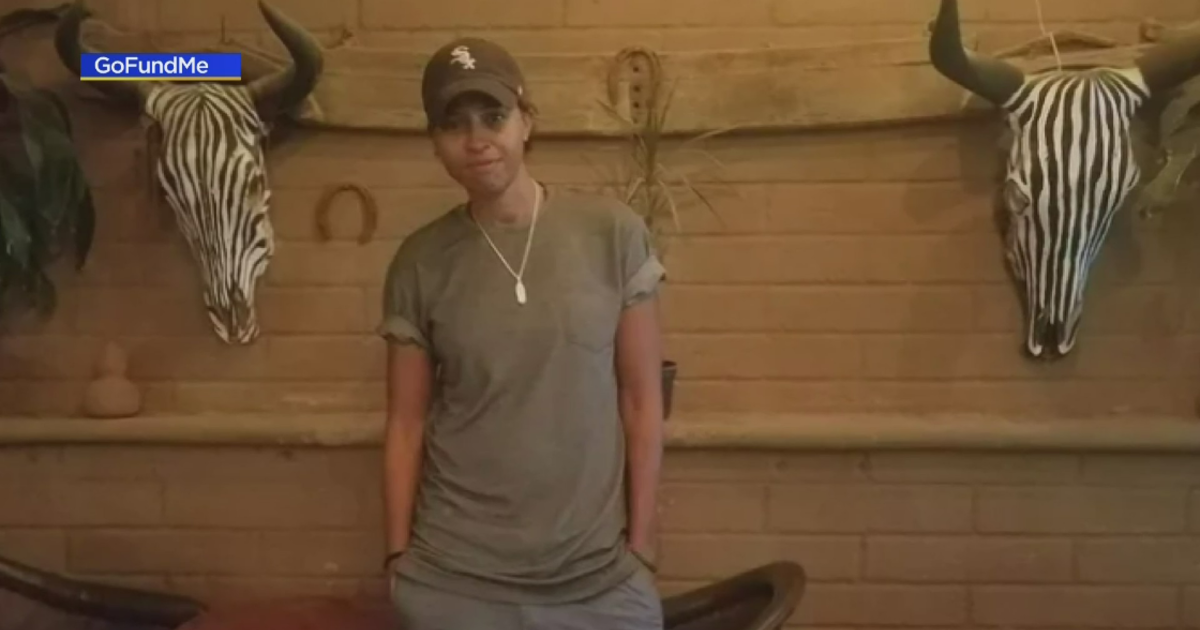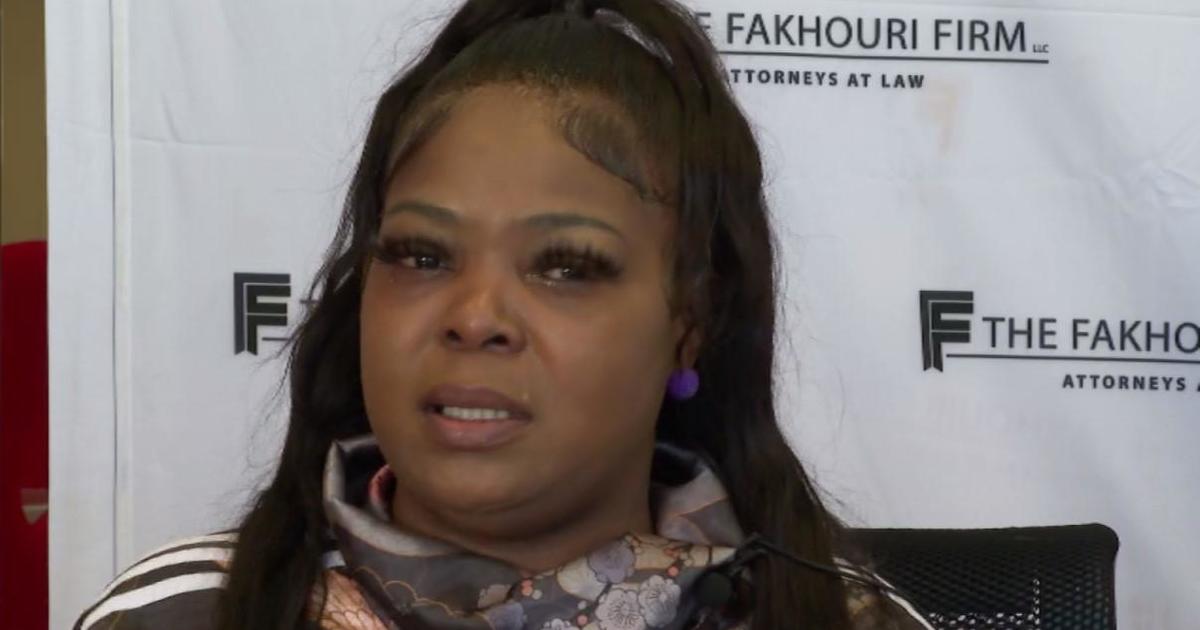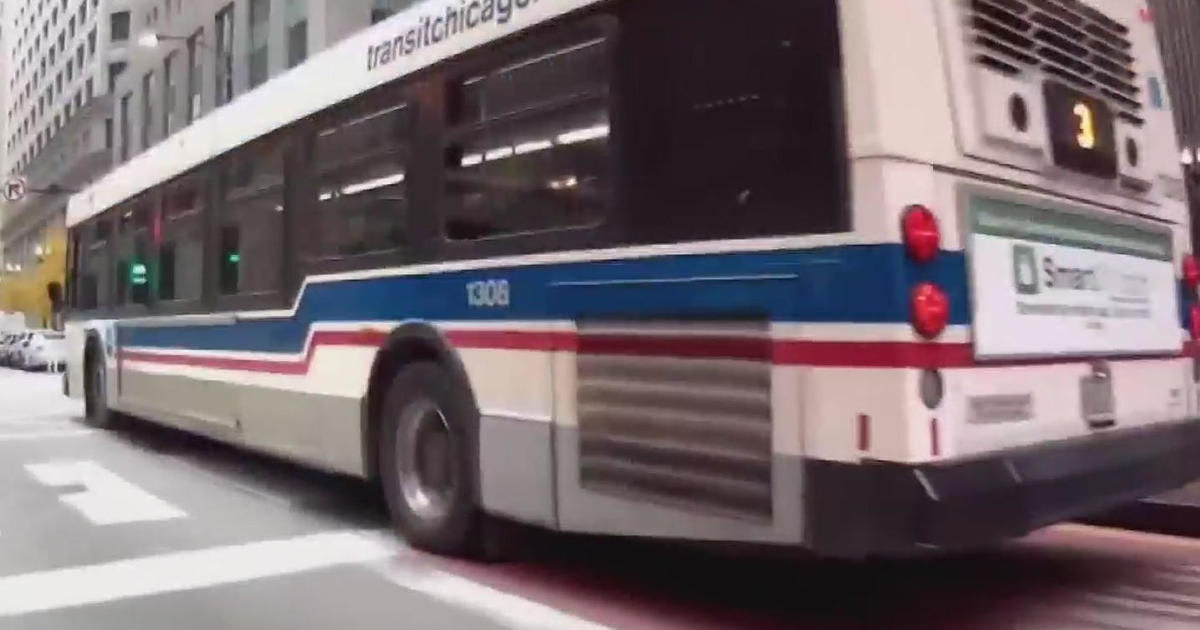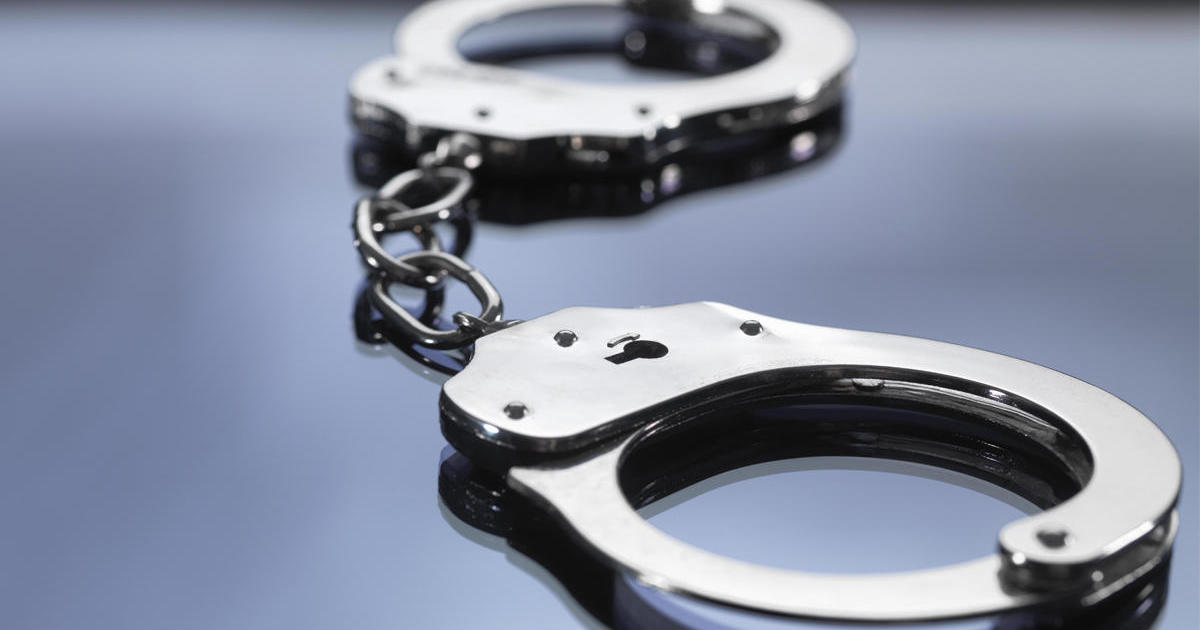Chicago City Council approves earlier weekend citywide curfew for teens
CHICAGO (CBS) -- After a heated debate, the City Council on Wednesday approved Mayor Lori Lightfoot's plan to roll back the citywide curfew for minors from 11 p.m. to 10 p.m. on Friday and Saturday nights.
Aldermen voted 30-19 to approve the one hour rollback of the curfew hours on weekends, as well as to expand the city's curfew to include 17-year-olds. As it stands, the city's curfew hours currently apply only to those under age 17.
The curfew ordinance does not authorize police to arrest minors who are violating the curfew. Rather, police may take "protective custody" of them until a parent, guardian, or other responsible adult can be located.
While supporters of the ordinance said, if it helps save only one life, it will be worth it, Ald. Andre Vasquez (40th) summed up the sentiments of progressive aldermen who opposed it, saying "All this does is criminalize children of color and further segregates our city."
Vasquez, said when he was a teenager who regularly visited Grant Park and Navy Pier, police kicked him and his friends out every weekend.
"You know who they didn't kick out?" he asked.
Ald. Nick Sposato (38th), who was among the curfew change's supporters, responded: "White people."
"Damn right, thank you. Nick got that one right," Vasquez said.
Ald. Emma Mitts (37th) said too many kids have "gotten out of control" and the city needs to help parents do a better job of knowing where their children are.
"If you can do one little thing to help them to stay safe, that one hour might just help. It certainly can't hurt, because they're going to do what they're going to do – day, night, anytime – but are we just going to argue about the time that the curfew? It ain't going to kill no one. What's the problem?" she said.
However, Vasquez and other members of the City Council Progressive Caucus said an earlier curfew actually would hurt, citing research that found, after the curfew for minors in Washington D.C. was pushed back from midnight to 11 p.m., gun violence actually increased, said the curfew change would only make things worse in Chicago.
"A vote for this ordinance, the evidence shows, is a vote to increase gun violence. We need the gun violence to stop," said Ald. Carlos Ramirez-Rosa (35th).
Ramirez-Rosa choked up as he recalled Tuesday's mass shooting at a school in Texas, which left at least 19 children and two adults, saying "We want it to stop.
"We want it to stop in Texas. We want it to stop on the South Side of Chicago. We want our children to live. Our children want to live," he said.
Ald. Michael Rodriguez (22nd) echoed Ramirez-Rosa, saying that changing Chicago's curfew will only increase crime in the city.
"We need to stop playing hunches, and we need to start playing evidence, and implementing best practices," he said. "We need to focus our efforts on evidence-based solutions, and we need to invest in our young people."
But Lightfoot called arguments that the curfew would increase crime in Chicago "nonsense."
"It's offensive and wrong and demonstrably false to say that these modest changes are going to increase gun violence," she said.
Rodriguez said the city needs to provide more funding for youth jobs programs and anti-violence initiatives.
"That's what we should be doubling down on," he said. "The fact is that this is a reaction to something that happened at The Bean, by the way at 7 p.m."
Rodriguez was referring to 16-year-old Seandell Holliday, who was shot and killed in Millennium Park earlier this month, near the "Cloud Gate" sculpture more commonly known as "The Bean," as a large crowd of teens gathered in the park, and a fight broke out. Later that night, groups of young people also attacked people in their cars as they were driving through parts of the Loop.
Lightfoot announced her plans for the curfew change just days after Holliday was slain, but has said the proposal is not simply a response to what happened that night.
"This is not about just what happened downtown. It's about what our communities are facing all over the city," she said.
Vasquez said the curfew change is simply an indication of failed planning by the Chicago Police Department, and a return to failed anti-crime efforts from the 1980s and 1990s.
"We're moving backwards so fast, we should be moonwalking," he said. "This is theater, and you all know better."
Ald. Maria Hadden (48th) said the change in the curfew is nothing more than "drawing a new line in the sand to challenge young people who don't feel like we listen to them, who don't feel like we respect them, who do what young people do and rebelling."
"We are killing our young people, and I know we're trying to turn that around and change it, but this is just saying, 'I dare you. I dare you to break another rule,'" she said.
Both supporters and opponents of the curfew change said the city needs to do more to provide teens with safe options for how to spend their free time.
"That is an indictment on all of us," said Ald. Jason Ervin (28th), who chairs the City Council Black Caucus, and voted in favor of the curfew change.
Lightfoot originally sought to change the city's cur with an executive order -- but it was challenged by the American Civil Liberties Union (ACLU) and the City Council.
The existing curfew ordinance includes exemptions for minors out after curfew:
- if they are accompanied by a parent or guardian;
- if they are running an errand for a parent or guardian;
- if they are in a vehicle involved in interstate travel;
- if they at work or going to or from work;
- if they are on the sidewalk outside their home or a next-door neighbor's home;
- if they are attending a school, religious, or other recreational activity supervised by adults;
- if it's an emergency
- or if they're exercising First Amendment rights, such as attending a protest.
The mayor's update to the curfew ordinance would add an exemption for youths attending "ticketed or sponsored events" if they can provide proof such as a ticket stub or wristband.



